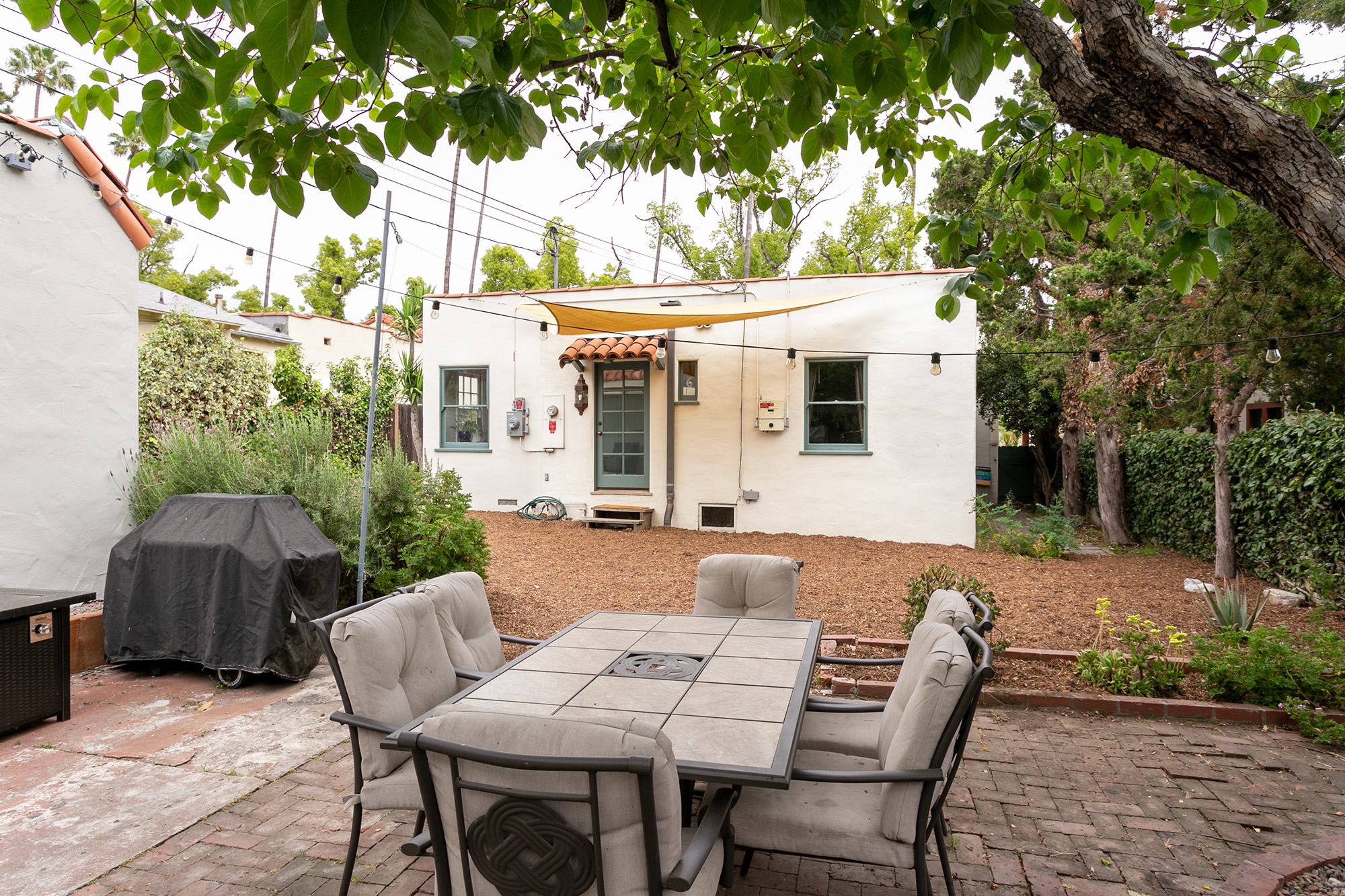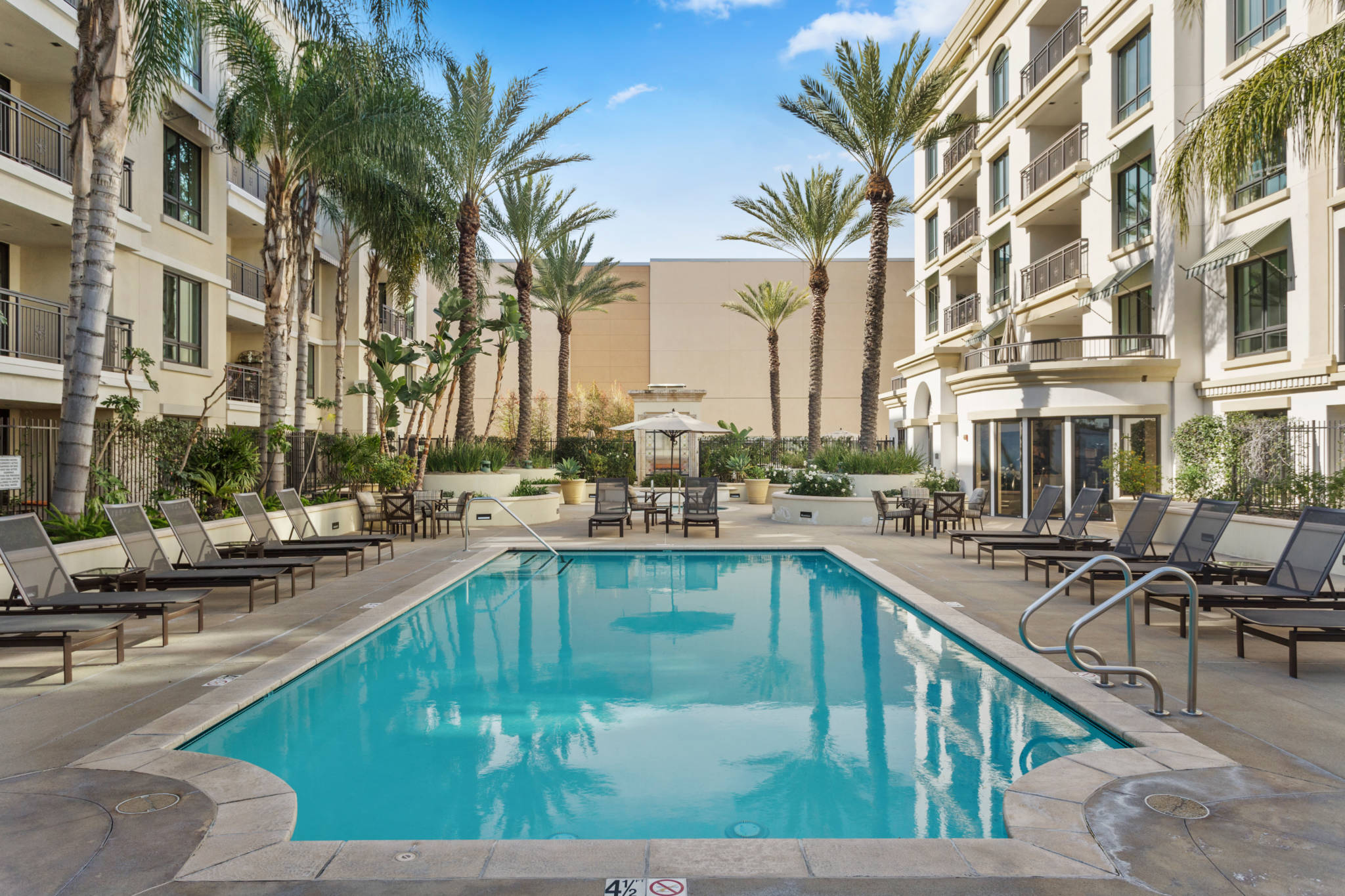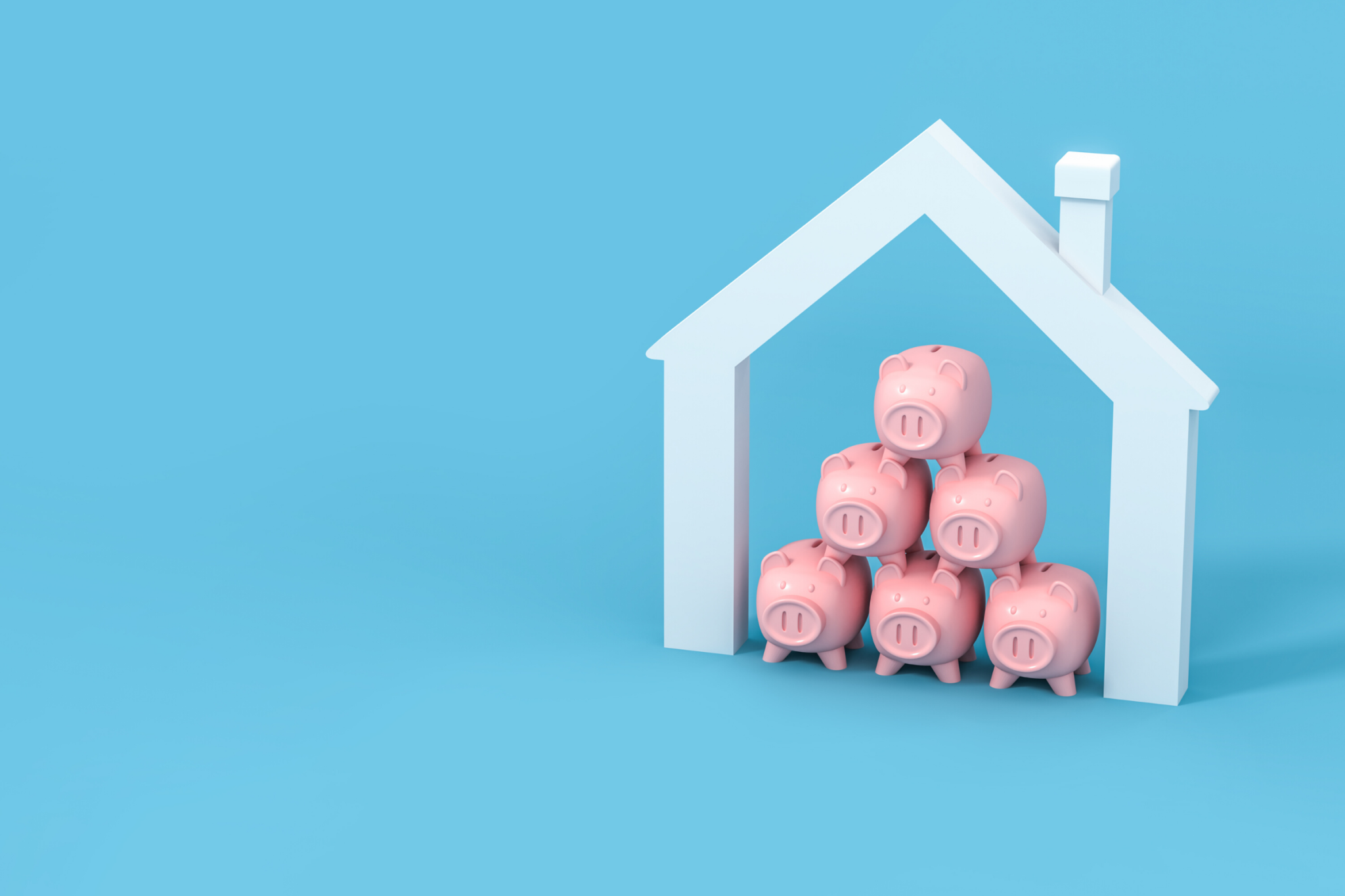The Definitive Guide On How To Shop For A Mortgage
The smart home buyer wants to know how to shop for the best mortgage to finance their home purchase. They suspect there are a lot of moving parts and a mistake that could cost big money right away and for years to come.
How do you analyze all the little moving parts of a mortgage? Does it matter if you use a Big Bank or will a little mortgage broker do just as well?
Shopping for a mortgage can be so confusing you might be tempted to just go with your current bank – that should be easier and less hassle, right? (wrong, but we’ll get to that issue as well)
Here are the questions we answer in this post: (click to jump directly to the answer)
- Should You Shop Around For A Mortgage Lender
- Bank, Credit Union, Or Mortgage Banker?
- When Should You Start Shopping For A Mortgage?
- Should I Consider Fees When Shopping For A Mortgage?
- What Are The Different Types Of Mortgages?
- How Much Do You Need For A Mortgage Down Payment?
WARNING: Most buyers assume that they are shopping for the best rate on a mortgage. This is a Big Mistake in today’s hyper-competitive market. The most important priority when shopping for the best mortgage is Getting The House. This doesn’t mean you lose all sight of the interest rate – it just isn’t the most important thing to consider. Keep reading – I’ll explain myself and teach you how to look at ALL the things.
Should You Shop Around For A Mortgage Lender?
Yes! There are a lot of choices out there and you want a mortgage lender that can help you make great decisions and avoid any regrets at the end of the day.
A great mortgage lender will help you get a great interest rate, but a low-interest rate may be attached to a terrible mortgage lender.
Bonus: Click here to find out our current favorite lenders recommendations.
Who Are The Best Mortgage Lenders?
There are lots of choices when shopping for a mortgage, and you might be surprised by our top picks.
Getting a Mortgage From The Big Bank
You think it will be easier with your current Big Bank. They already have all your financial information, so it’ll be like hitting the “easy” button, right? No mortgage shopping needed!
Not so much, buckaroo. The mortgage part of Big Bank is completely separate from your checking/savings part. The loan process will be exactly the same for you as it is with Joe Schmo. They will ask all the same questions and require all the same painfully detailed paperwork.
On the positive side, you feel you can trust Big Bank. They aren’t going to gouge you with last-minute changes to your mortgage rate or charge a bunch of stupid hidden fees.
On the negative side, Big Bank can hurt your chances of buying your dream home. Experienced listing agents know that Big Bank doesn’t sweat the small stuff like contract deadlines. Given the chance, that listing agent will avoid a buyer working with a Big Bank.
Are Credit Unions A Better Source Of Mortgages?
We love Credit Unions – they are the scrappy underdogs of the banking world. Credit Unions exist to give members better financial products and to cut down on the profiteering Big Bank is known for.
But Credit Unions suffer from the same timing issues as Big Bank, for entirely different reasons. Their wonderful and well-meaning employees will be very sad that they can’t meet your contract deadlines, but “sad” is all they can do. Most credit unions do not have the manpower or resources to get everything done on time.
Pro Tip: Always shop your credit union’s mortgage rates. You might be able to use this information to help negotiate a better rate with your chosen mortgage lender.
Shop Local Mortgage. Shop Your Mortgage Banker.
A mortgage banker is a hybrid. They have money to lend, just like banks and credit unions, but they can also shop your mortgage to other institutions.
Unlike banks and credit unions, the mortgage banker does nothing else but mortgages. Nothing. Else. They know how to hit deadlines. They know how to get the listing agent on your side. They know how to hold your hand so you don’t wig out from stress and overwhelm.
And, most of the time, they know how to get the same interest rate, or better.
Bonus Tip: A great local Mortgage Banker can give you a leg up if the listing agent also likes, knows, and trusts them. Work with us and we’ll make sure you are connected to the very best Mortgage Bankers in the area.
Warning: Online Mortgage Companies
Avoid late-night online mortgage shopping. Seriously. Put down the keyboard and mouse and back away. The internet is a terrible place to shop for a mortgage lender. I have heard more horror stories about junk fees, missed contract deadlines, un-responsive customer service, and misleading loan products than any other mortgage source.
Part of the problem is “user error”. A home mortgage is a complex financial instrument – and most homebuyers need far more guidance when shopping for a mortgage than the online process can provide.
The other part of the problem is the centralized nature of these mortgage “mills”. Real estate is local but the online lender is serving the entire nation. It neither knows nor cares about local customs and expectations.
When Should You Start Shopping For A Mortgage?
It is never too early to start shopping for a mortgage. The moment you start to seriously dream about buying a home is the moment you should start talking to mortgage bankers. The worst thing that can happen is losing your dream home because you don’t have your mortgage loan ready to go.
Look for mortgage bankers that have done a large number of loans for a trusted source (Call us – we know all the best mortgage bankers in town).
Pro Tip: Shopping for a mortgage will not hurt your credit. As long as you contain your mortgage shopping within 45 days your credit score will not suffer.
Should I Consider Fees When Shopping For A Mortgage?
Fees can vary quite a bit from lender to lender and the wise mortgage shopper asks about fees right upfront.
Normal fees can include fees for appraisal, processing, and underwriting. All of these fees are the cost of doing the loan. They are only charged once.
The lender collects some of their interest at closing and this is called the origination fee or points. This money is considered a recurring fee and is calculated as part of your interest rate (That is what your APR is – your real interest rate after your points are factored in)
Bonus Read: Buyer Closing Costs Explained
What Are The Different Types Of Mortgages?
Today is March 10, 2020. Conventional mortgage rates are in the very low 3’s, so it might be hard to remember when people shopped for mortgages other than a fixed-rate, 30-year mortgage. But different loan products still exist.
Here are some of the more useful choices.
Fixed Rate, 30 year mortgage. Rates will vary by area and amount. In Los Angeles, the lowest rates are for conforming loans up to $510,400. The next level is Super Conforming – between $510,400 and $765,600. Jumbo loans are above $765,600 and there are even Super Jumbo loans above one million.
Fixed Rate, 15 year mortgage. Rates are higher than the 30 year and vary based on the same loan amounts. The benefit of a 15 year mortgage is quick equity building and overall lower interest payments.
Adjustable Loans. These loans have fallen by the wayside in today’s low-interest rate environment. When the landscape changes I will come back and revise this post.
FHA. This is a loan product underwritten by the government. It is designed to assist people with low down payments and lower credit scores. Down payments can be as low as 3.5% and credit scores can be as low as 580. There are significant fees and requirements from the seller that can put a buyer at a competitive disadvantage in a hot market.
How Much Do You Need For A Mortgage Down Payment?
The accepted or conventional “norm” is 20% of the purchase price. As we saw above ꜛ an FHA loan allows down payments as low as 3.5% and there are conventional loans that allow 10% down payments. There are a few consequences for each choice. Let me explain.
Mortgage Down Payments Below 20%
These loans are higher risk because there is less equity to cushion the bank in case of a foreclosure. Therefore, the bank puts the borrower through more hoops on the way to loan approval and scrutinizes the property appraisal more closely. This can take a little longer and cause more questions along the way than a conventional 20% down payment mortgage.
Sellers do not like the added risk for delays and road bumps. Given a choice, they will take a buyer with a higher down payment.
In addition, there are increased costs with a low down payment mortgage. Higher interest rates, private mortgage insurance, discount fees and more can increase both your monthly payments and your closing costs.
Bonus Read: Increased Costs For A Low Down Payment Mortgage
Mortgage Down Payments Above 20%
Everyone loves a person with cold, hard, cash. The banks will give you favorable interest rates and streamlined experience. Sellers will choose you over an equal offer with a lower down payment.
You also have a big, fat advantage over all the other buyers – and it won’t cost you a red hot cent. You can be more flexible on the appraisal of a property and that makes you very attractive in a multiple offer situation.
The mortgage bank will lend 80% of a home’s appraised value. If the down payment is 20% or less and the home does not appraise for the full sales price, the borrower will have to increase their down payment. Example: The sales price is one million and the appraisal is $995,000. The home buyer will need to add $5,000 to their down payment.
If the down payment is, say, 25%, the bank will move forward with no additional funds from the home buyer.
Bonus Read: How The Appraisal Contingency Works
Are you just starting your home buying process? Check out our Ultimate Home Buyer Guide for more articles to ease your journey.






